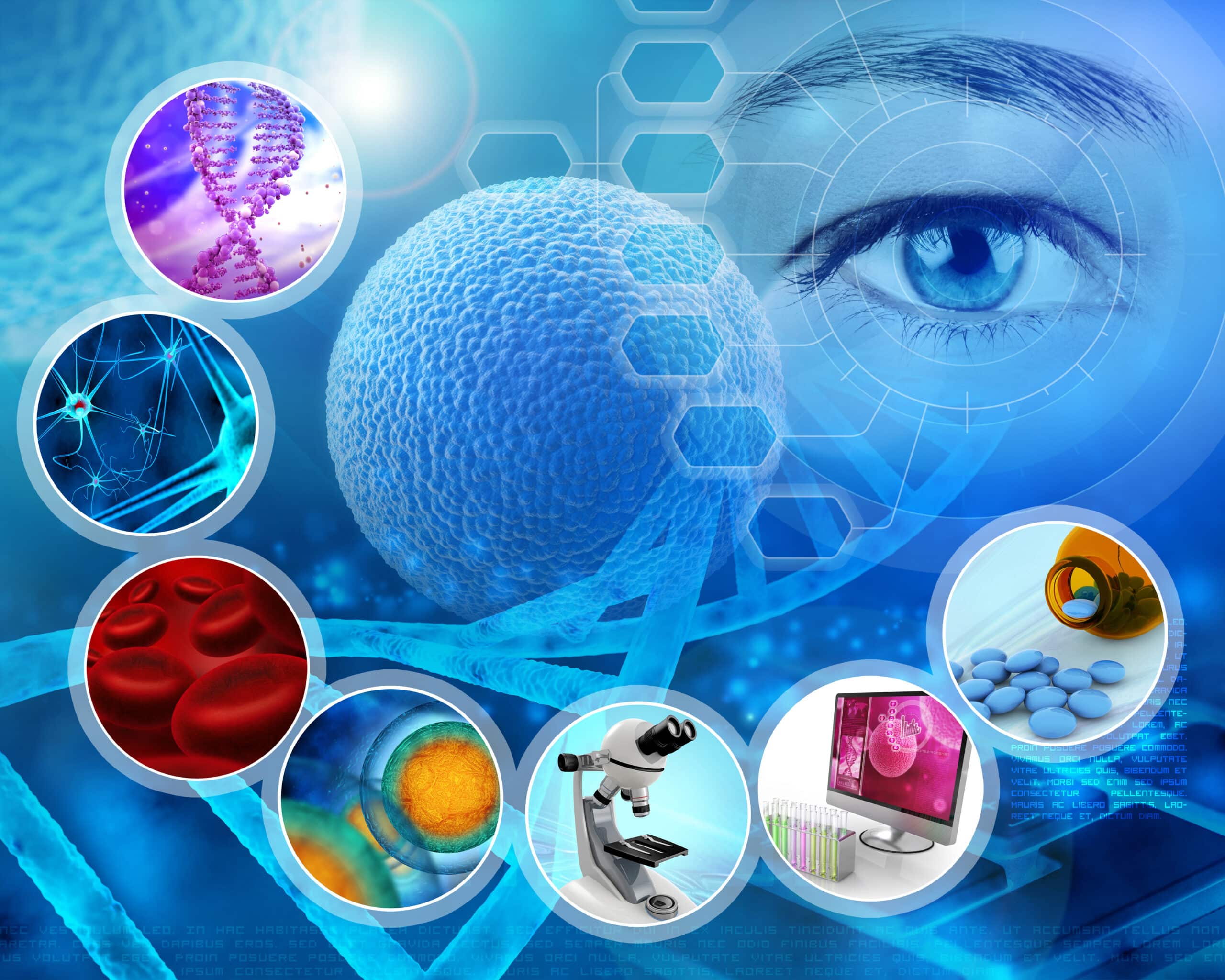A new approach has been developed by University of California researchers that involves disabling two histocompatibility complex genes, and overexpressing transmembrane protein CD47 on iPSCs. The engineered human iPSCs derived cardiac cells were suggested to be undetected by the immune system in mouse models, and show evidence of rudimentary tissue differentiation in initial in vivo testing. The team suggests their method has solved the problem of rejection of stem cells and stem cell derived tissues, presenting a significant advance for the stem cell therapy field.
iPSCs are stem cells generated by reprogramming mature cells into an undifferentiated state which can then be grown in the lab and be triggered to differentiate into desired cell types. Such technology could be used to generate iPSCs from patient cells to transfer back into the patient for cell therapy, which is important as the cell are derived from the patient and the resulting autologous iPSCs would not have transplant rejection issues. Otherwise the only option is to administer anti-rejection drugs which can suppress immune activity to make rejection less likely, but can leave patients more susceptible to infection and cancer.
Autologous iPSCs may solve one issue but have other issues as patients cells are commonly unresponsive to reprogramming, and the approach is complex and often too expensive to attempt for every patient, being only practical for chronic disease, according to the researchers.
To sidestep problems associated with generating patient specific iPSCs by creating universal iPSCs to be used in any patient without causing rejection issues, knowledge from immunologically more tolerant pregnant maternal immune systems was used along with CRISPR technology to inactivate 2 MHC class I and II genes, and to upregulate CD47.
The cell surface of CD47 was found to effectively act as a do not eat me signal to macrophages, and to inhibit the immune system’s natural killer cells; and a lentiviral vector was used to deliver extra copies of CD47 genes to the MHC gene deficient iPSCs. The triple engineered hypoimmunogenic mouse iPSCs were found to not trigger any rejection reaction when transplanted into mismatched mice with normal immune systems; hypoimmunogenic human iPSCs transplanted into humanized mice also appeared invisible to animal recipient immune systems; hypoimmunogenic iPSCs retained pluripotent stem cell capacity and ability to differentiate. Various types of heart cells were successfully derived from the triple engineered human iPSCs which were transplanted into humanized cells that survived over the long term and began forming fundamental blood vessels and heart muscle pointing to potential use for cardiac cell therapy without use of immunosuppression, according to the researchers.
This technique may offer a wider range of patients with far lower costs than other individualized approaches, as the cells are only needed to be manufactured once to create a product that can be applied universally, adds Tobias Deuse, MD.




